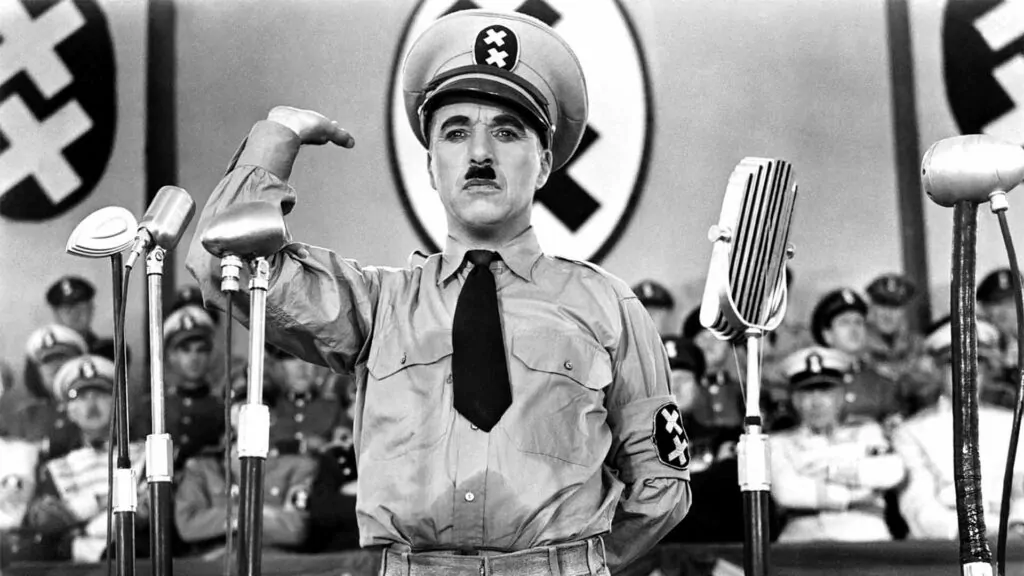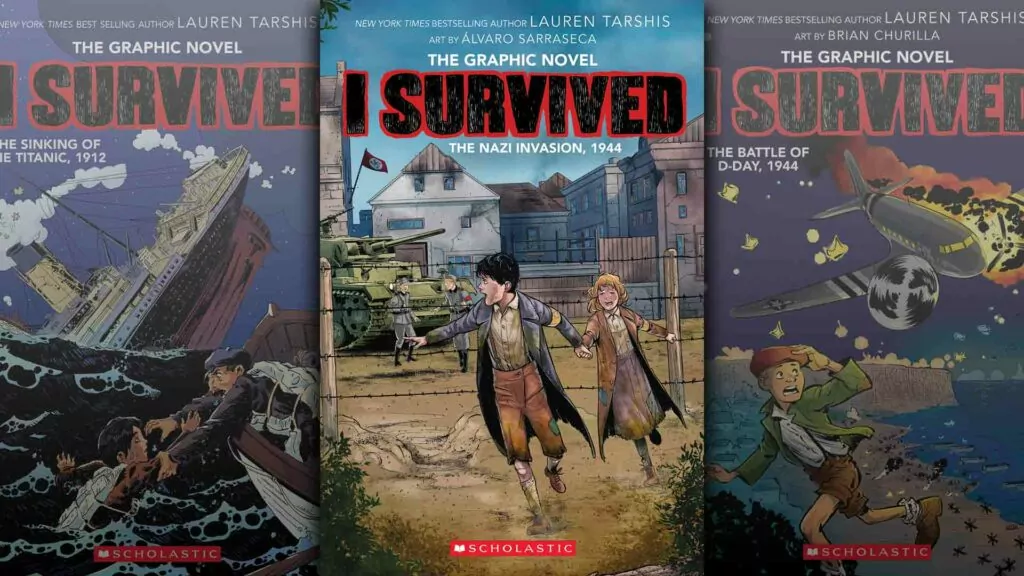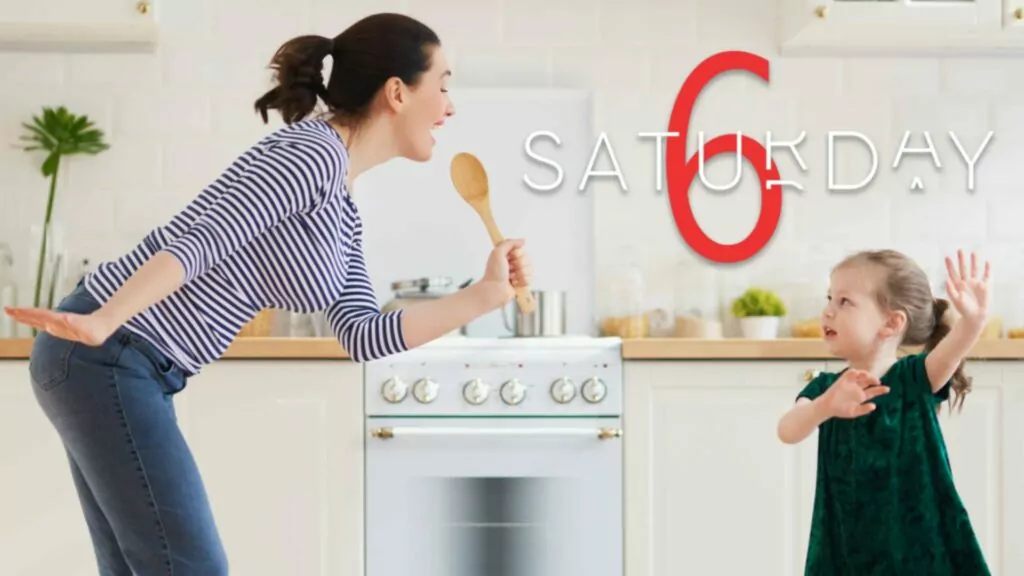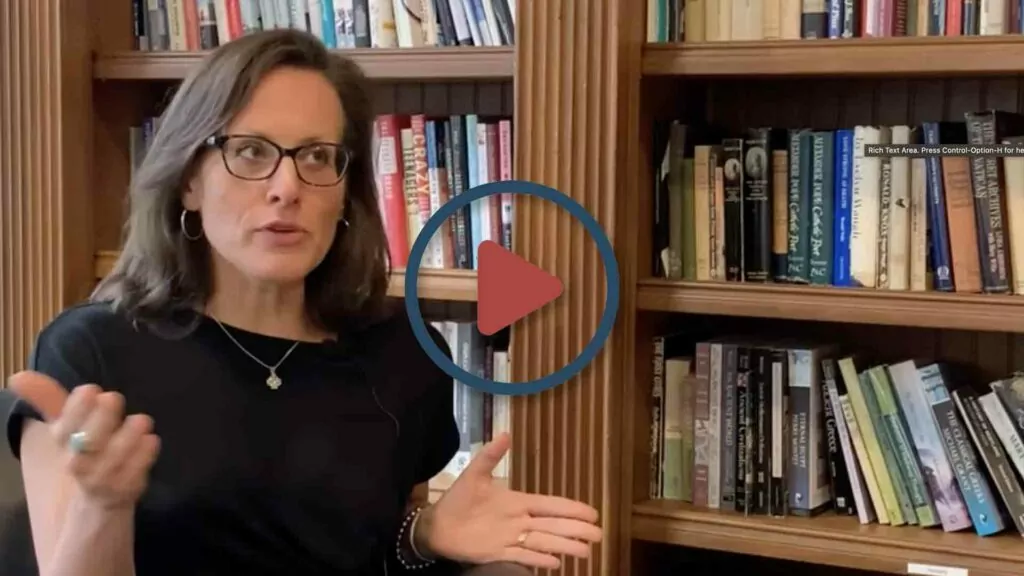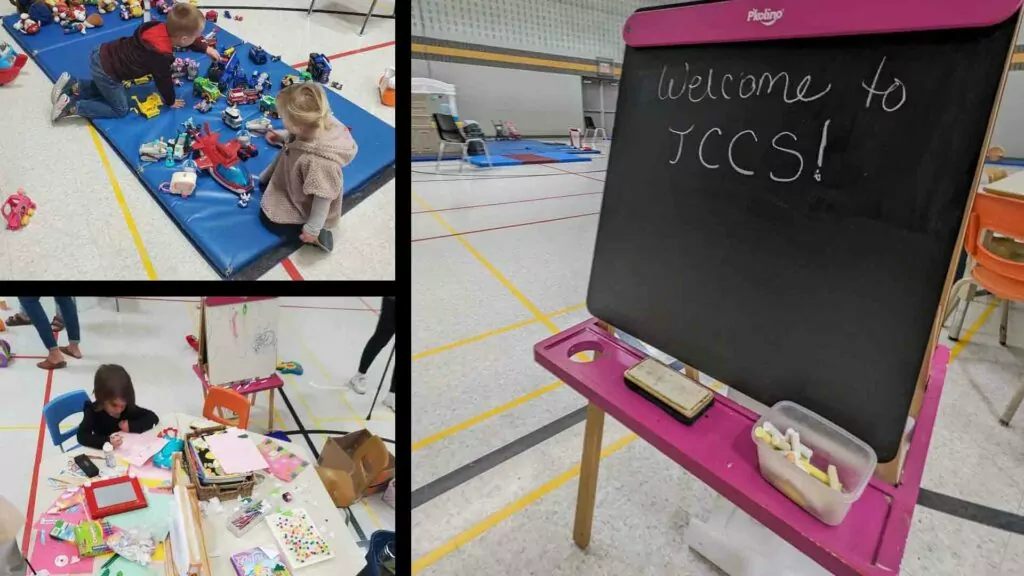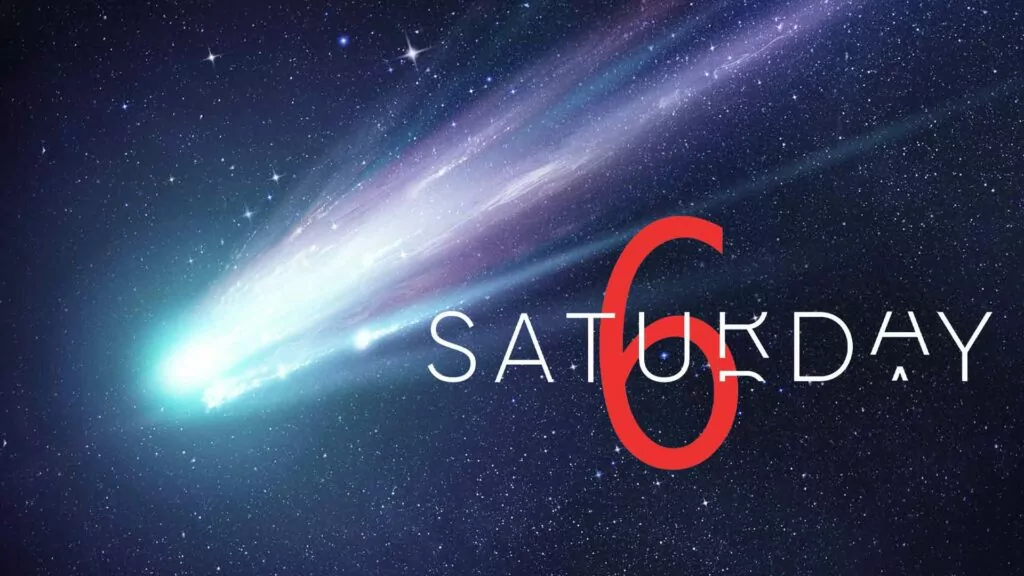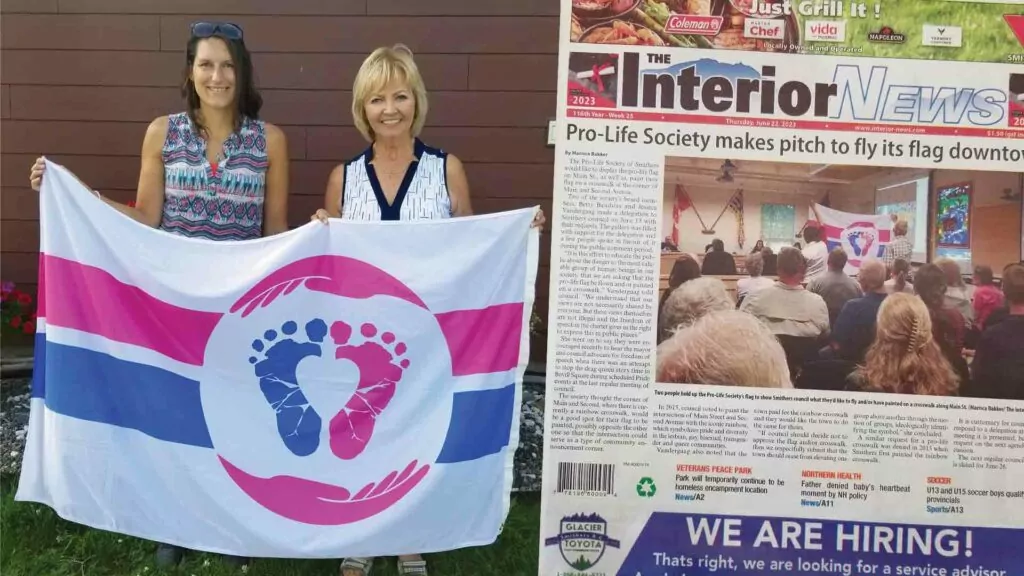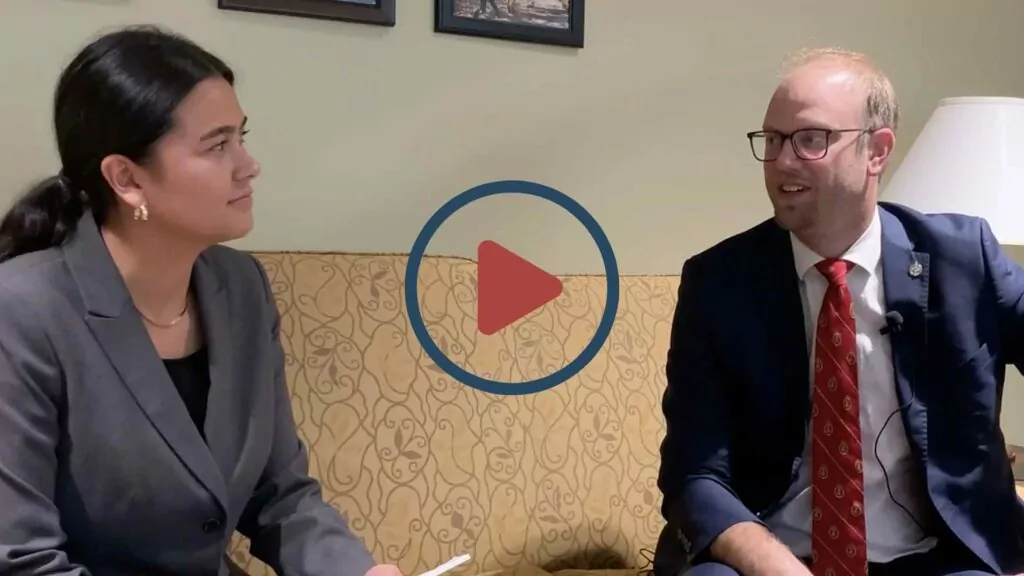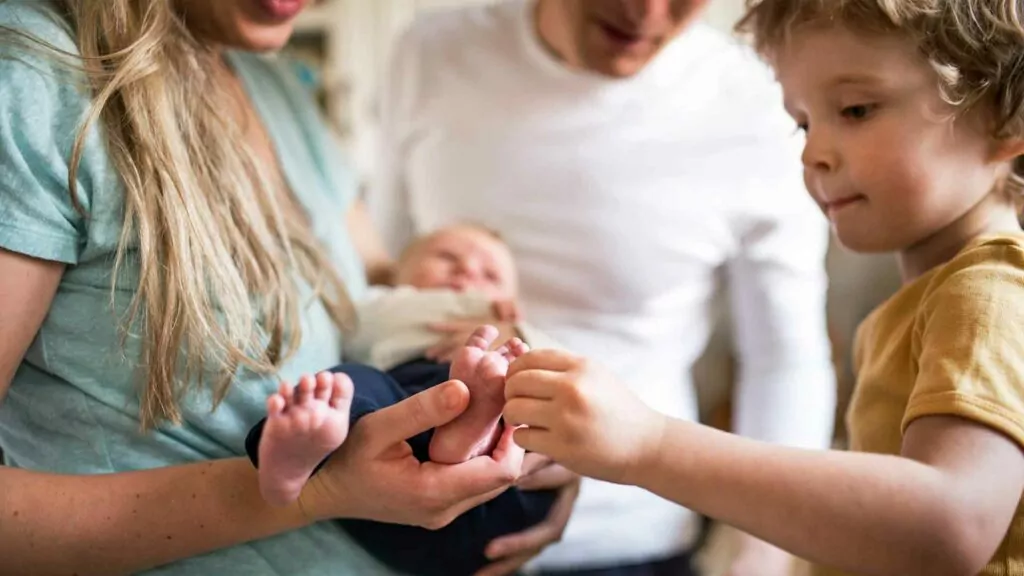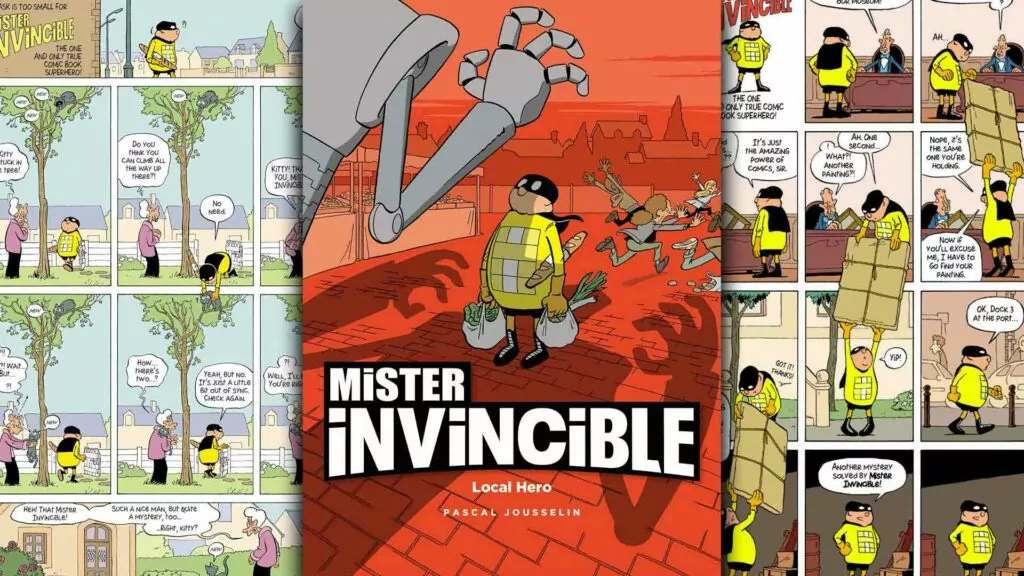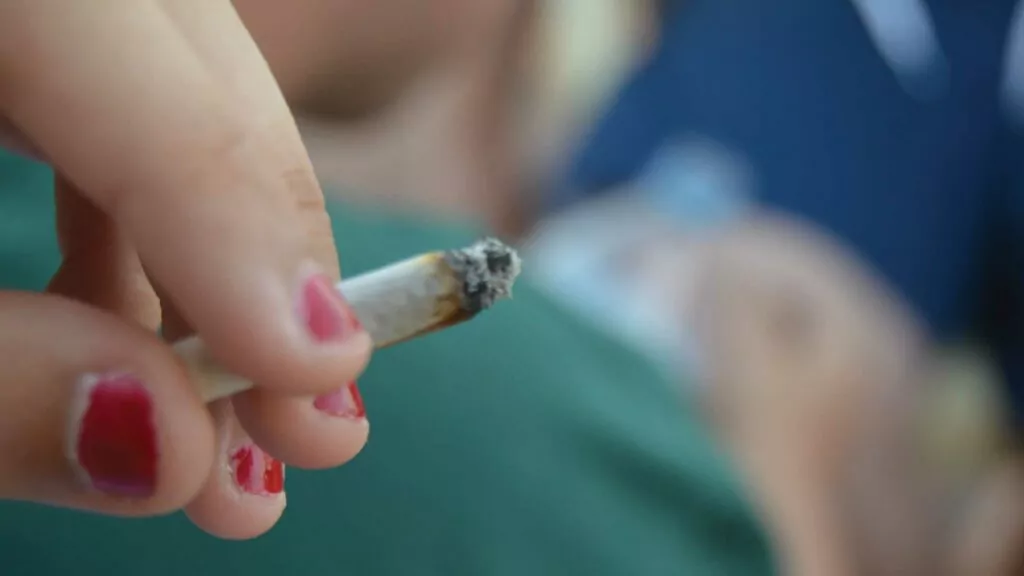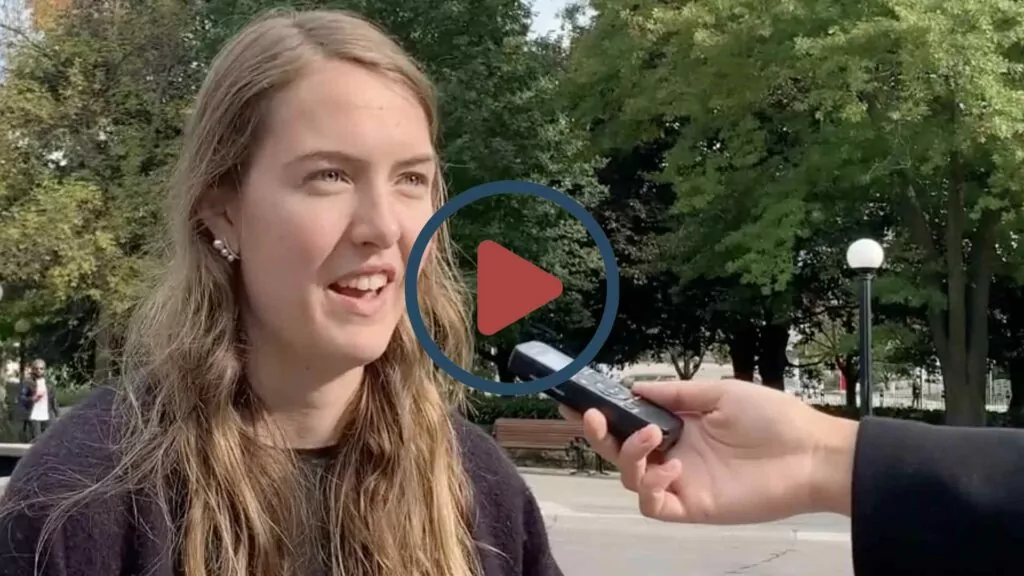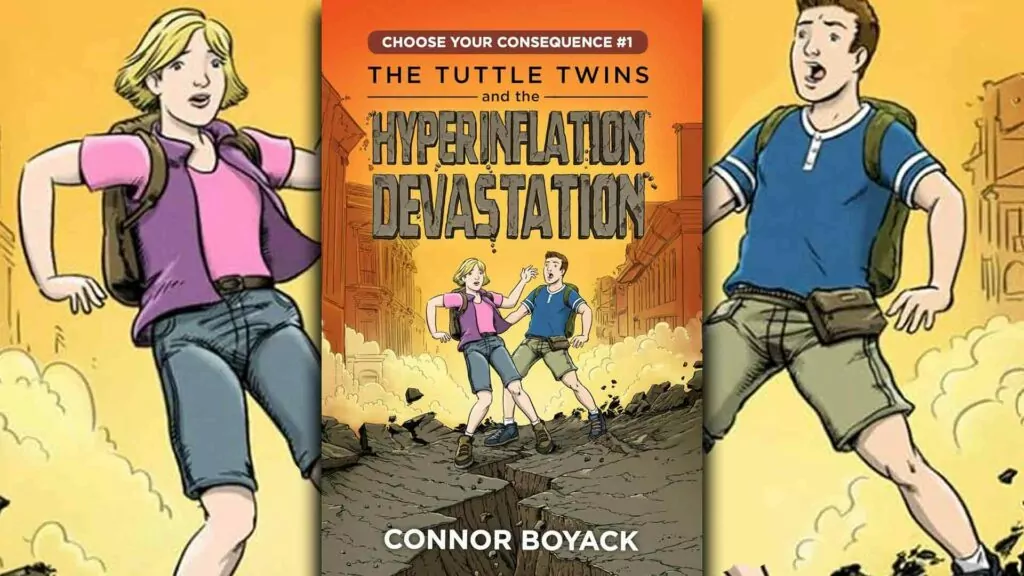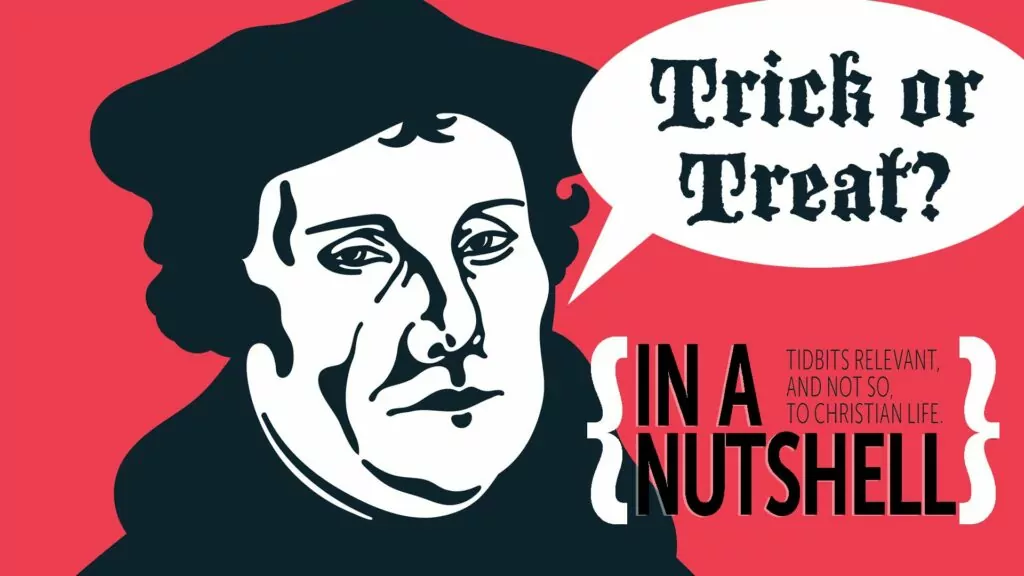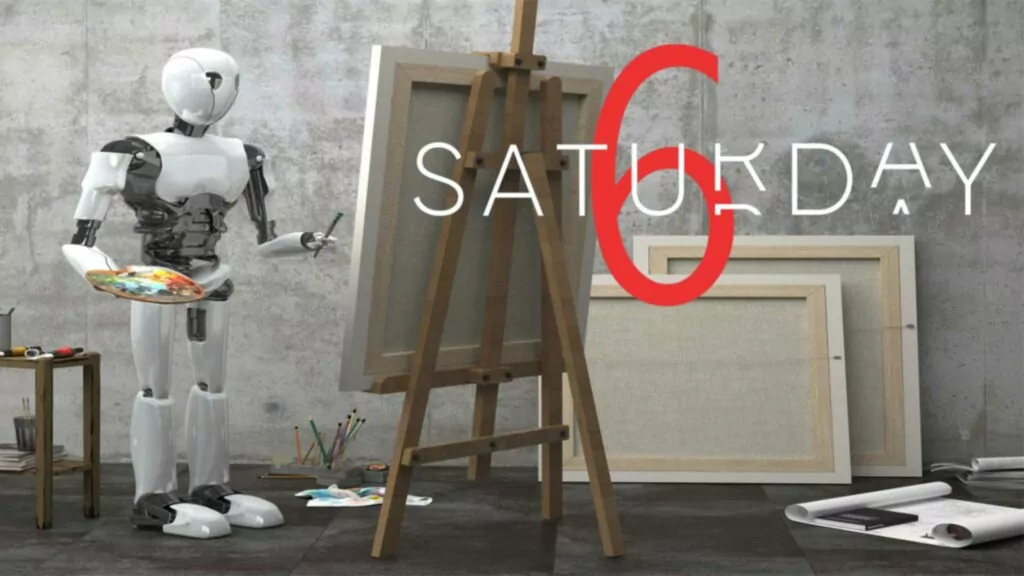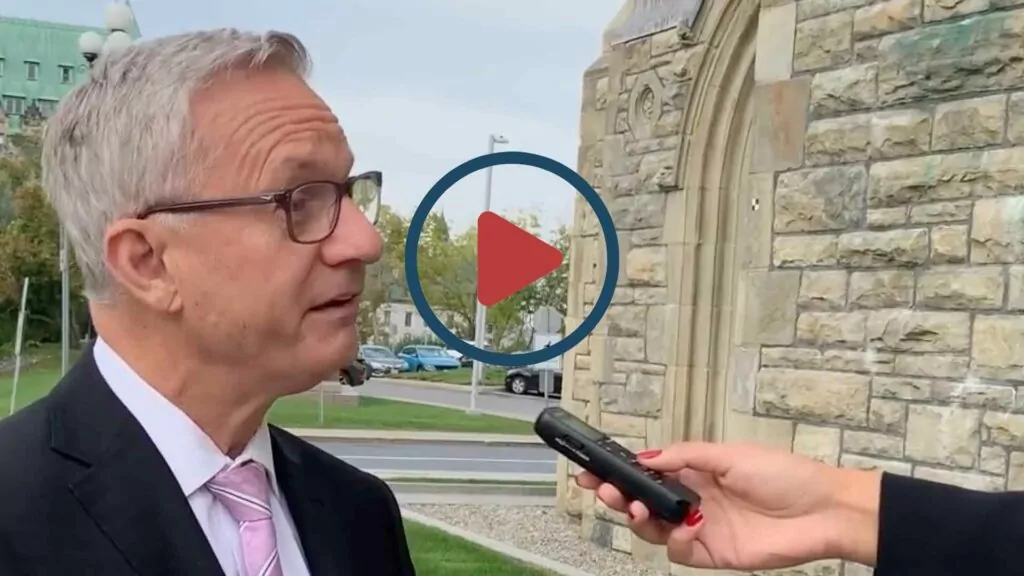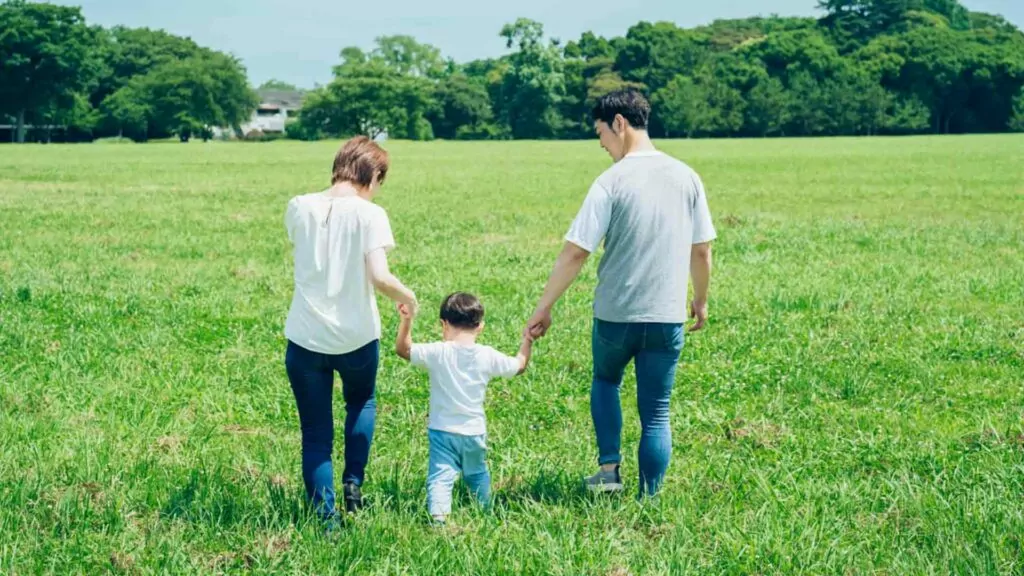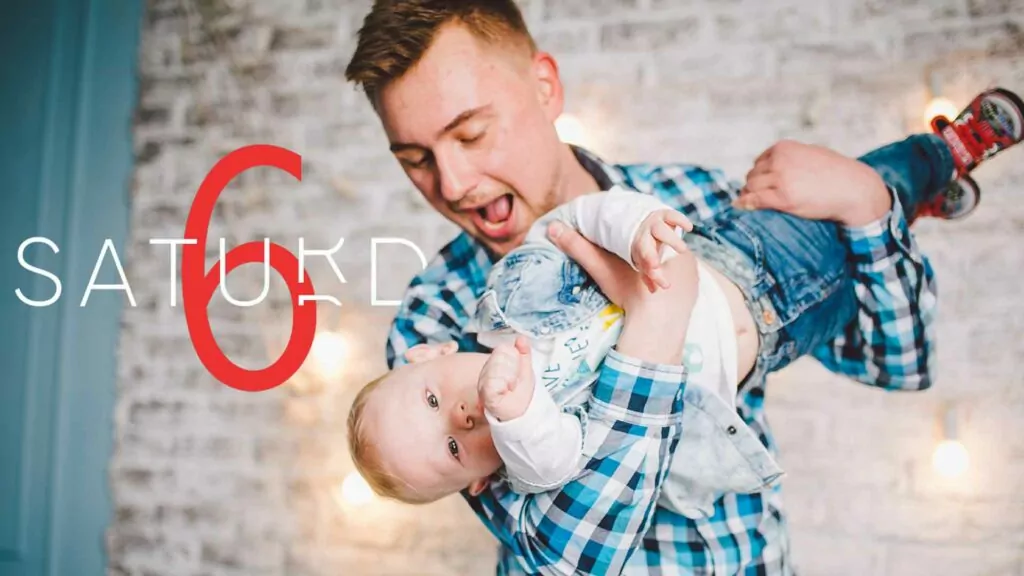Tidbits - October 2023
Halloween in a small American town
I live in a delightful and occasionally comical small town where the church-attending Christians make up a solid majority of the population. This is such a Christian town that when Halloween comes around, one of the local churches will set up a hot chocolate stand for our area, and you'll see a dad or two dressed up as a monkish Martin Luther, tonsure and all. When I first moved here Halloween fell on a Sunday, and I was impressed to see most of the kids did their trick-or-treating on Saturday instead.
Then I was quite surprised when one of the trick-or-treaters at my door – a little princess – told me "my brother is the devil." Sure enough, there he came toddling up the path, a two-year-old dressed in a bright red satin, forked tail wagging behind. Lynden: it's a town where trick or treating on Sunday is verboten, but dressing up as Satan ain't no big thing.
“The free market is a bathroom scale”
“The free market is simply a measurement. The free market tells us what people are willing to pay for a given thing at a given moment. That’s all the free market does. The free market is a bathroom scale. We may not like what we see when we step on the bathroom scale, but we can’t pass a law making ourselves weigh 165. Liberals and leftists think we can.” – P.J O’Rourke
Are you wearing anything ten years or older?
About ten years back, Christian Courier's editor Angela Bick shared that her friends were surprised to learn that they weren’t wearing anything as much as ten years old. The surprise was probably prompted by the realization that 40 years ago the situation would have been quite different. Kids’ clothing in particular was treated differently then, with patches (and patches upon patches) being far more common. Darning socks was more common, and the resoling of shoes too.
Whenever one generation decides to do something differently than the previous, it is worth a moment’s reflection - if you aren’t wearing anything from a decade ago, why might that be?
Is it a result of shoddy manufacturing and living in a throw-away culture? Are clothes simply not made to last like they once were?
Are we financially blessed, to the point that we don’t need to wear worn out clothes?
Are we financially irresponsible, spending money on clothes when that money could be put to better use?
Is it a matter of clothes being less expensive to replace than they once were?
Might it mean we are overly concerned with keeping up with the latest fashions?
The way it was… and could be?
In the 1940s, in the Netherlands, most men worked six days a week at physically-taxing jobs. So, come Sunday it could be quite a struggle for these men to stay attentive through the church service, especially when it came time to pray and eyes were shut and heads were bowed. And to make it harder still, the prayers were quite often fifteen minutes long.
In his wartime biography The Way It Was, author Sid Baron notes that to help these men stay awake it was the practice then to allow the option of standing during prayer. So throughout the church, as most bowed their head to pray, many farmers and laborers would rise.
This practice is no longer common anywhere in Reformed churches, most likely because ministers no longer tax their congregation’s attention with fifteen-minute prayers, and because far fewer members do heavy physical labor. Still, it might be a practice worth reviving for some particularly sleep-deprived folk: the mothers and fathers of newborns!
Brother, can you spare a dime?
by Gregory Koukl
You can't help having mixed feelings when people beg for food on the street. Your heart goes out to them, but you have reservations too. Is there a real need here, or is this just laziness disguised?
Here's a simple solution. Give food to the poor by helping fill the cupboards of your local church feeding program. If your church doesn't have one, find a Christian facility that does. They make sure food goes to people with a genuine need, and the Gospel goes out along with it.
Another alternative is to make up a couple of bags of food and keep them in your trunk. Include the kinds of things that can be opened without tools and eaten without cooking. Include plastic silverware that's sealed together with a napkin that you get from take-out food places. Then give it in Jesus' name.
Welfare is not God's answer to the needs of the poor. Instead, He asks for charitable, responsible, obedient giving. Don't give money to someone begging in the street. Instead, send your money to a reputable Christian agency in your area, or give food in prepackaged parcels. You'll have the peaceful confidence you've really done something for the poor and homeless.
SOURCE: Reprinted with permission from www.str.org
Biblical, musical ABCs
Jamie Soles is well known among conservative Reformed churches in Canada, but for those that don’t know of him, below are the lyrics of a song from one of his children’s albums “The Way My Story Goes” which is available (along with more info) on the artist’s website SolMusic.ca.
“These Are They”
Jesus said, “You search the Scriptures
For in these, you say, your life will never end,
Don’t be misled; the life you’re looking for Is found in Me, for I am found in them.
And…
"These are they, these are they,
These are they which speak of Me.”
Adam, Abel, Abraham,
Aaron, Ammon, Amnon, Andrew,
Abishai, Abishag, Abigail, Ahab, tell the world of Me.
Ahaziah, Amaziah, Ahimaaz, Ahasuerus,
Ahithophel, Abiathar, Ahitub, too,
Asahel and Absalom, Abner and Abednego,
Asa and Amasa, just to name a few. Now…
These are they....
Boaz, Balaam, Barzillai,
Balak, Barak, Baal, Babel,
Baasha, Baruch, Benjamin, all tell the world of Me.
Barnabas and Bethel, Bezalel and Bilhah,
Benaiah, Belial, and Bashan, too,
Bethlehem and Ben-Hadad, Beelzebub and Babylon,
The Bible bubbles over with Me; how ‘bout you? Now…
These are they....
Caesar, Caleb, Caiaphas,
Canaan, Cain, and Chedorlaomer,
Cushi, Chloe, Claudius, all tell the world of Me.
Corinthians, Cyrenians, Cyrus and the Cretans,
Cornelius, Capernaum, and Chimham, see?
These are only part of it
This is but the start of it
Stories are your biblical ABCs! Now…
All these stories, they show My glories
These are they which speak of Me.
Top 10 verses: important omission
BibleGateway.com is a website that includes dozens of different translations of the Bible. It gets more than 8 million visitors each month, and back in 2011. when they listed their site’s most-searched for verses of the Bible, Collin Hansen at TheGospelCoalition.org noticed a startling omission among them.
While the top ten includes verses that are often emblazoned on shirts, or are held up on signs at sports events (John 3:16 was the #1 verse) none of the top ten most-searched-for-verses talked about sin! It isn’t until verse #19 that sin is mentioned: “If we confess our sins, he is faithful and just and will forgive us our sins and purify us from all unrighteousness.”
It’s not surprising that talking about sin is unpopular. But the Good News of the Gospel only makes sense after we understand our own sinfulness, and God’s hatred of sin. Then it is good news indeed that God has sent us a Savior and Mediator!
So it isn’t a surprising omission, but it is a glaring one.
It should be polite to ask a woman’s age
Our culture worships youth, so it’s no wonder they think it’s rude to make mention of someone’s age. But why do we think it’s rude? After all, the Bible speaks quite highly of the elderly, as it is with age that wisdom can come (at least among the righteous). That’s why Proverbs 20:29 notes that “gray hair is the splendor of the old” and Prov. 16:31 tells us: “the silver-haired head is a crown of glory.” Among Christians old should be excellent!
30% of Gen Z Americans would welcome gov’t monitoring inside their homes
Nearly a third of Americans under 30 would welcome a government surveillance device in their homes, in the name of reducing spousal and child abuse.
Clearly they haven’t been taught about the surveillance states of the past, like the Soviet Union and Nazi Germany. And they must not know about China’s current “social credit system,” where citizens are constantly monitored and granted freedoms based on how obliging they’ve been to their government’s every requirement. And they haven’t read 1984 or any other dystopian fiction. That a third of American young people trust the government to watch their every move isn’t an endorsement of our political leadership’s trustworthiness, but is instead an indicator of how badly they are educating our youth in their public schools.
Now Christians might think that if we aren’t doing anything wrong what does it matter if we are being watched? But do you spank your children? Might some government official somewhere want to recast as abuse what you know to be appropriate and measured? Do you teach your children that God made us male and female? Do you insist that marriage is between one man and one woman? What might the government think about that? To be constantly monitored is to be constantly assessed. And knowing, as we do, that our governments don’t measure right and wrong by God’s standards, we should fear the prospect....
